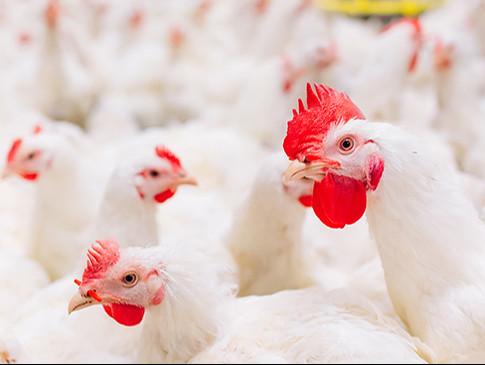
Gert-Jan Oplaat, president of Nepluvi, is sounding the alarm over the massive influx of cheap chicken meat from Ukraine that fails to meet European environmental and animal welfare standards. “While we try to support Ukraine due to the humanitarian crisis caused by the Russian invasion, our market is being flooded with chicken meat that doesn’t meet our standards,” says Oplaat. The European Commission, the European Parliament, and Dutch politics want to support Ukraine. Oplaat understands these good intentions. “However, these institutions have made a significant mistake by allowing tariff-free exports from Ukraine to the EU. Especially one Ukrainian oligarch with a billion-dollar business is profiting from this situation, which is at the expense of the average Ukrainian. This situation not only leads to a disrupted European market but also misses the original goal: supporting the Ukrainian population.”
“The European market is being swamped with 220,000 tons of cheap chicken meat from Ukraine,” Oplaat warns. “That's a quarter of our total imports from outside the EU. As a result, there will be layoffs in slaughterhouses here and there. This development is alarming and must not go unnoticed.” Oplaat has already raised the issue with several European Commissioners, including the Polish Commissioner for Agriculture, Wojciechowski. The Dutch poultry sector makes a significant contribution to the European economy. Last year we exported more than four billion euros worth of poultry within the EU and another 800 million outside of it. The sector provides jobs to 370,000 people and has a total production value of 38 billion euros. Oplaat says, “The Ukrainian meat does not meet our sustainable standards in the areas of animal welfare and the environment. The import scheme completely contravenes what we have achieved here with sustainable poultry meat.”
Oplaat is calling on both European and Dutch policymakers to intervene. “It’s high time for a solution that does justice to the interests of both the European and Ukrainian poultry sectors.”
Source: Nepluvi